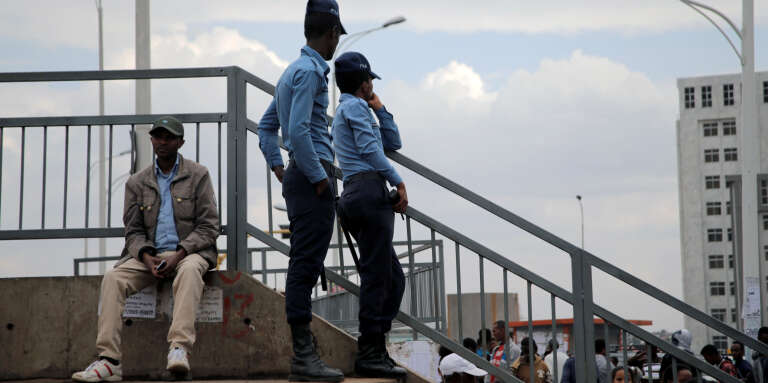Date: Wednesday, 14 March 2018
After the prime minister's resignation in mid-February, the country is living a pivotal period between a state of emergency and signs of openness.
By The World Africa
14.03.2018 at 15h00

Unpredictable. Many observers describe the appointment of the next Ethiopian Prime Minister after the surprise resignation of Hailemariam Desalegn in mid-February. The race for the Prime Minister is in a very tense context , while the state of emergency - the second in less than eighteen months - was approved by the lower house of Parliament, Friday, March 2. This decision was followed by demonstrations that reportedly resulted in several deaths and a strike - though banned under this exceptional regime - in the Oromia region, the largest in the country. Diaspora activists and some political opponents say the vote has been "rigged".
The Ethiopian People's Revolutionary Democratic Front (EPRDF coalition in power ) is already weakened by more than two years of protests. The crackdown, which has resulted in hundreds of deaths and thousands of arrests, has only increased the animosity of a large section of the population against power, starting with the Oromo and Amhara, which accounts for almost two-thirds of the 94 million inhabitants. The protesters particularly blamed the Tigray People's Liberation Front (TPLF, one of the coalition parties) for monopolizing the key positions of the government, the army, security organs and administration for more than a quarter of a century.
Internal struggles
The Ethiopia had managed the feat to build a reputation of stable country in a region plagued by conflict and ally of the West in the fight against terrorism. Its explosive growth for more than a decade - estimated at 8.5% in 2017 by the International Monetary Fund (IMF) - had swept the images of starved bodies of a country in the grip of deadly famines, despite a serious drought that still affects millions of Ethiopians.
The government must now satisfy an exhausted population, which it had a little soothed with the release of thousands of prisoners since early January. But the recovery in hand that implies the new state of emergency sends signals contrary to those who hoped for an opening of the regime. Some even evoke a return to a large-scale repression. The future of the country is uncertain and expectations of the next prime minister are enormous. He will have to do better than his unpopular predecessor, Hailemariam Desalegn, who had no influence in the EPRDF. The internal struggles within this highly opaque coalition remain a mystery to most observers.
Our correspondent, Emeline Wuilbercq, visited several cities in the Oromia region and met a youthful youth, determined to put an end to oppression and violations of freedoms. She gathered the confidences of former prisoners who told the hell of their detention. In this series of reports , Le Monde Afrique offers you the opportunity to take the pulse of a country that is going through a pivotal period and whose stability will depend on the response of the central government to popular demands.